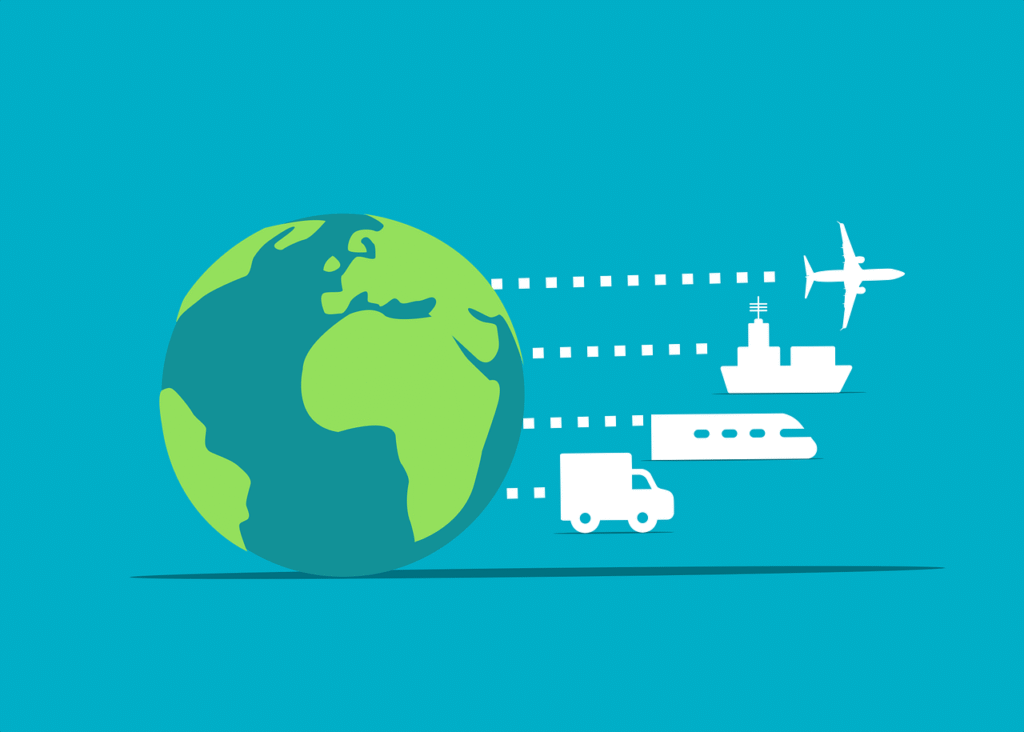Latest Blog and Articles

Sustainable Procurement: How Smart Supply Chains Support Environmental and Social Goals
Introduction
Sustainability is no longer just a corporate buzzword—it’s a core component of long-term resilience and global responsibility. For both public and private organizations, procurement plays a vital role in shaping environmental and social impact. At TEKLAN, we help organizations design sustainable supply chains that align with their values, reduce risks, and create shared value.
The Rise of Sustainable Procurement
Traditional procurement often prioritized price and efficiency. Today, forward-looking organizations recognize that how goods and services are sourced can have far-reaching consequences.
Sustainable procurement means factoring in:
- Environmental impact
- Social responsibility
- Ethical labor practices
- Long-term cost efficiency
This shift is driven by growing stakeholder expectations, evolving regulations, and global frameworks like the UN Sustainable Development Goals (SDGs).
Benefits of Responsible Supply Chains
- Cost Efficiency Over Time
Sustainable sourcing often leads to better quality, reduced waste, and fewer disruptions, which lowers total cost of ownership. - Reputation and Brand Value
Organizations known for ethical sourcing build stronger relationships with customers, partners, and communities. - Compliance and Risk Mitigation
Aligning with ESG (Environmental, Social, Governance) standards helps avoid regulatory fines, reputational damage, and operational delays. - Resilience and Innovation
Diverse and environmentally conscious suppliers are often more adaptive to disruption, leading to more resilient operations.
Tools and Metrics for Sustainable Sourcing
To measure and manage sustainable procurement, organizations should leverage:
- Supplier Scorecards – Track sustainability performance across key ESG indicators.
- Lifecycle Cost Analysis – Evaluate environmental and economic costs over the product’s entire lifecycle.
- Sustainable Procurement Policies – Embed sustainability criteria into RFPs, contracts, and vendor selection processes.
- Supply Chain Mapping – Identify and address high-risk regions, labor practices, or materials.
Integrating ESG Goals into Procurement Processes
At TEKLAN, we work with clients to:
- Develop procurement frameworks aligned with ESG strategies
- Train procurement teams on sustainability criteria and compliance standards
- Source from diverse and responsible suppliers
- Integrate technology for traceability and real-time reporting
Our approach ensures that procurement decisions support broader sustainability goals without compromising on performance or cost-effectiveness.
Case Studies: Success in Action
- Government Agency: Shifted to local and sustainable vendors, reducing emissions and boosting the regional economy.
- Private Enterprise: Adopted circular procurement strategies, significantly cutting waste and packaging costs.
- Non-Profit Organization: Integrated fair trade sourcing, improving community impact and donor confidence.
Conclusion
Smart, sustainable procurement is a strategic asset that supports environmental stewardship, social responsibility, and economic performance. Whether you’re just beginning your journey or looking to refine your approach, TEKLAN provides the expertise and tools to build a supply chain that reflects your values.
Make your supply chain a driver of positive impact. Contact TEKLAN for tailored sustainable procurement strategies.
